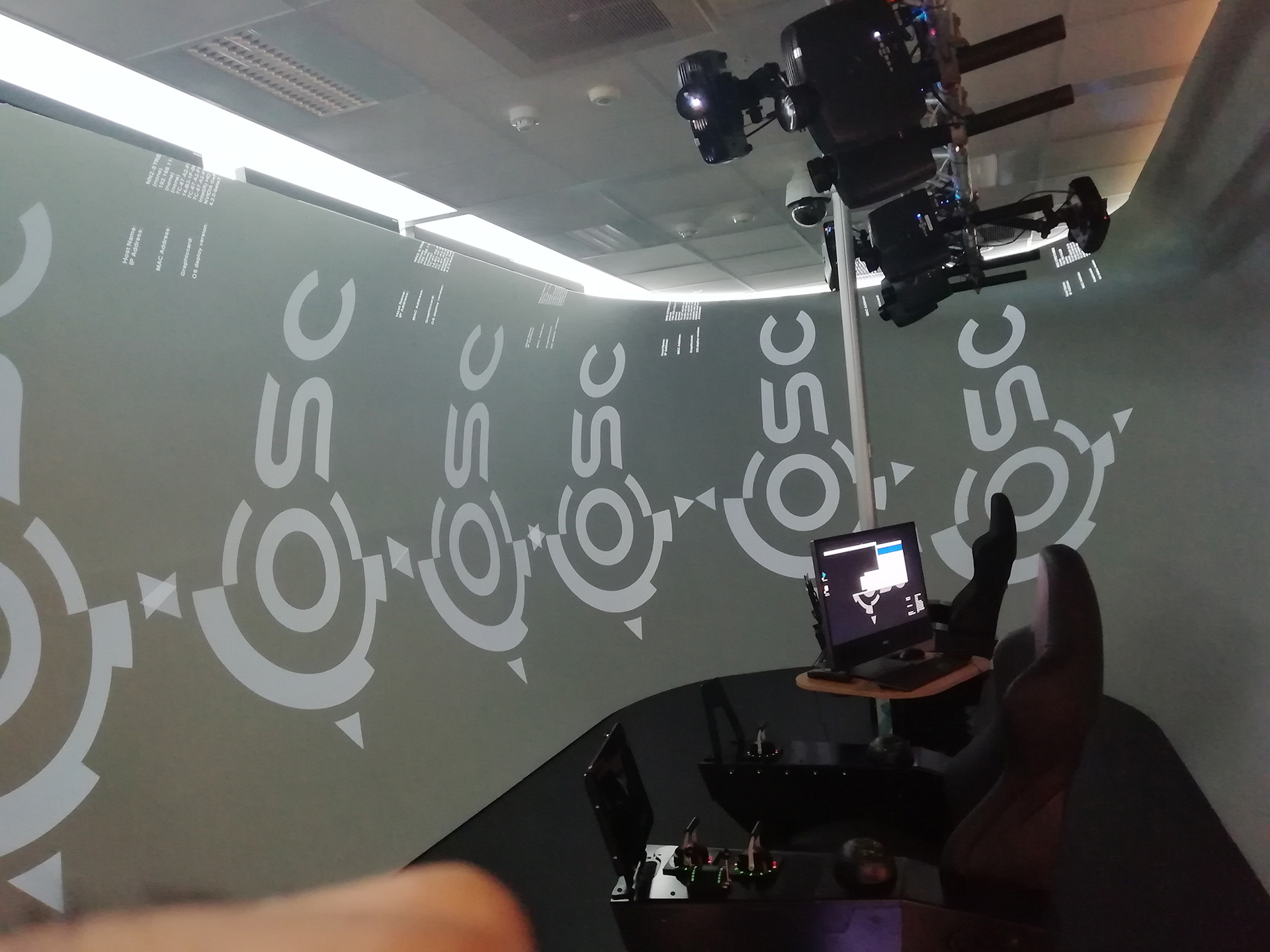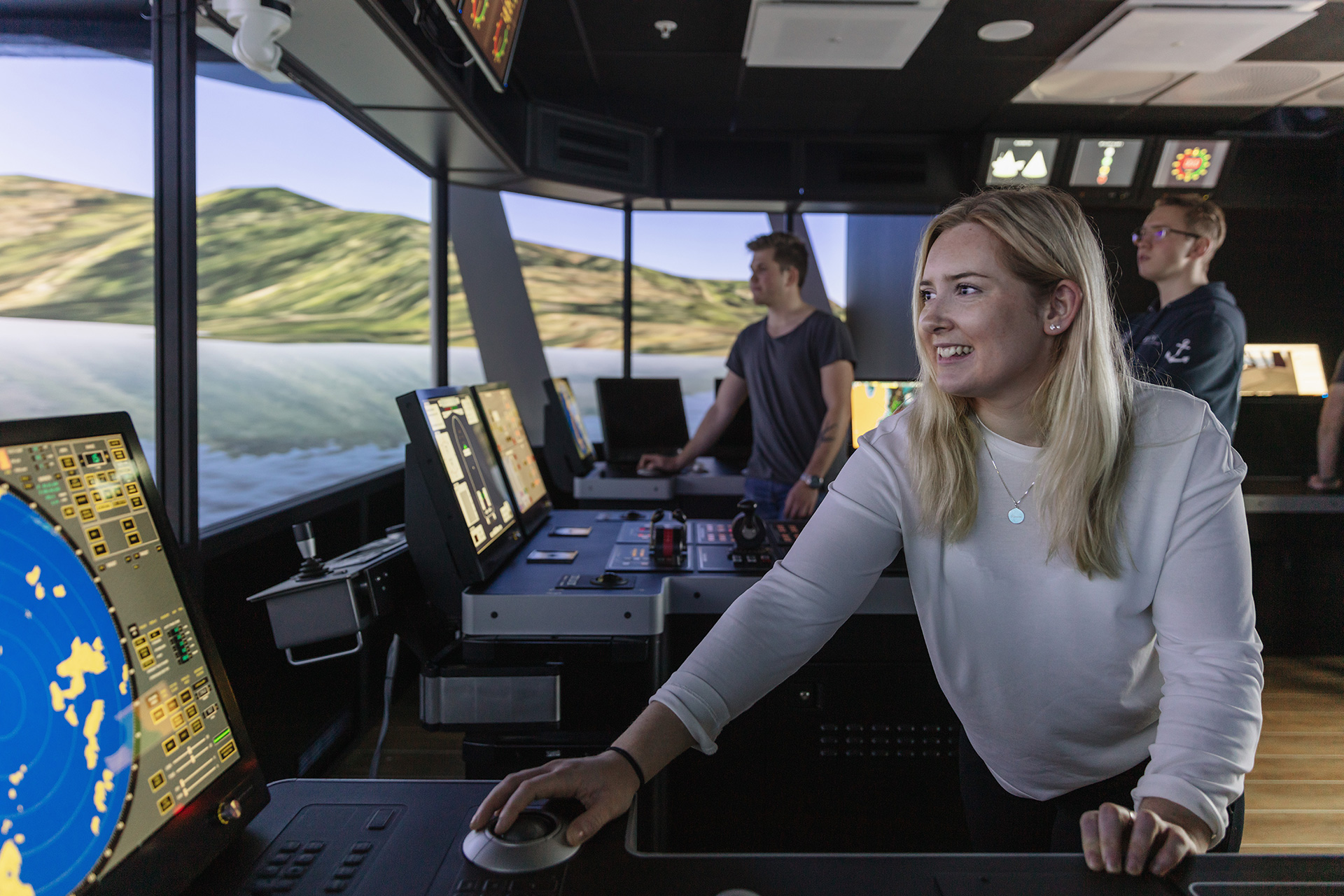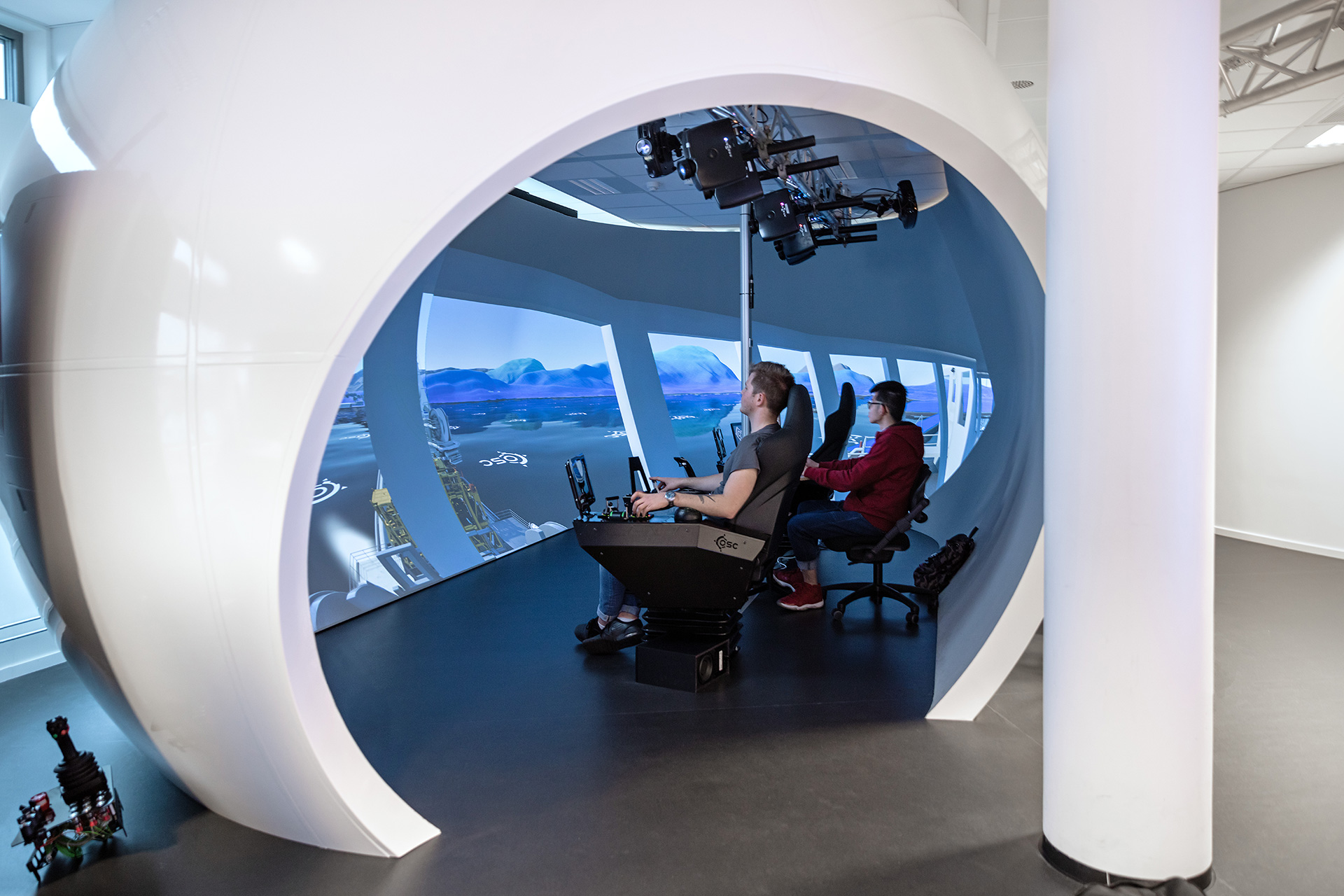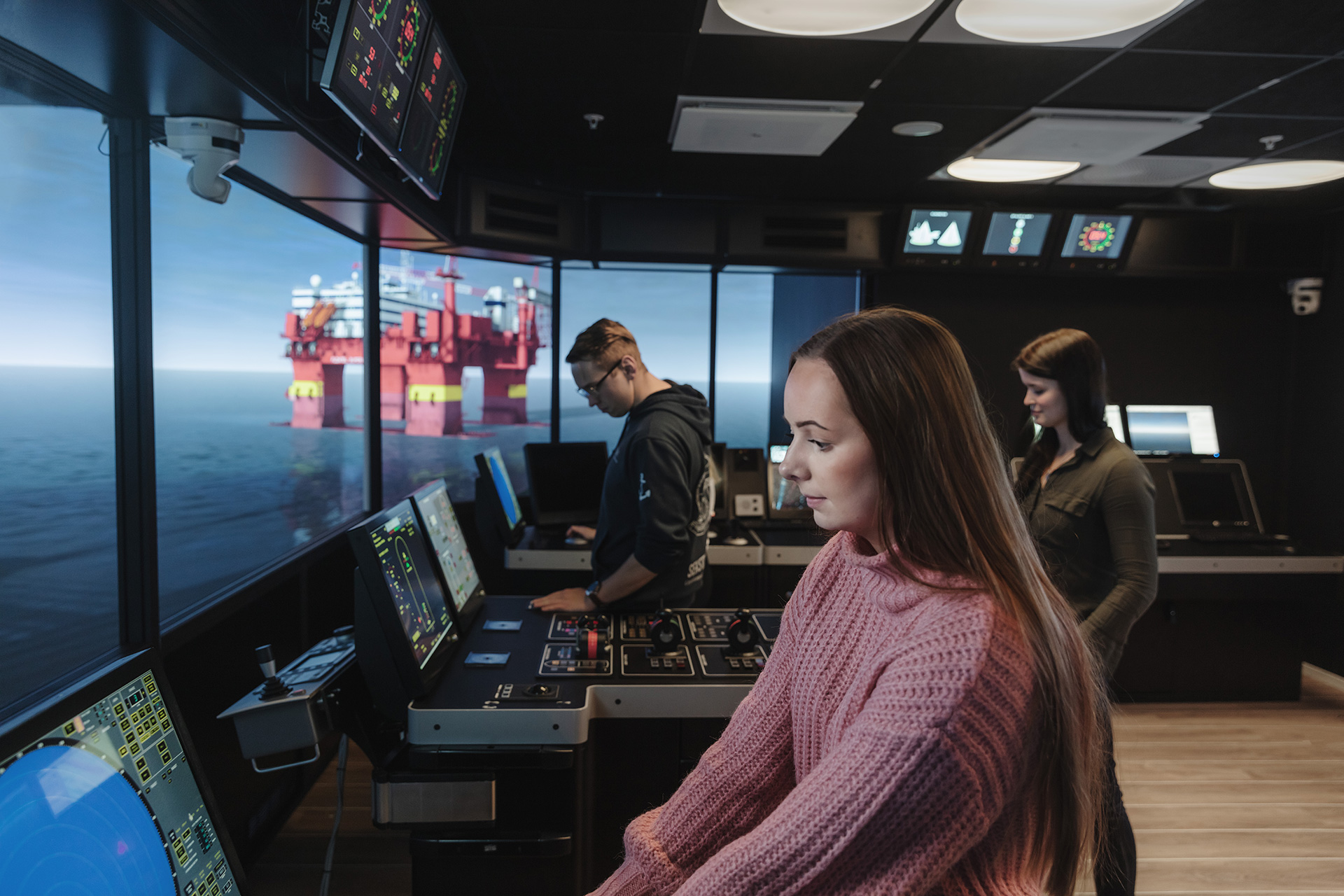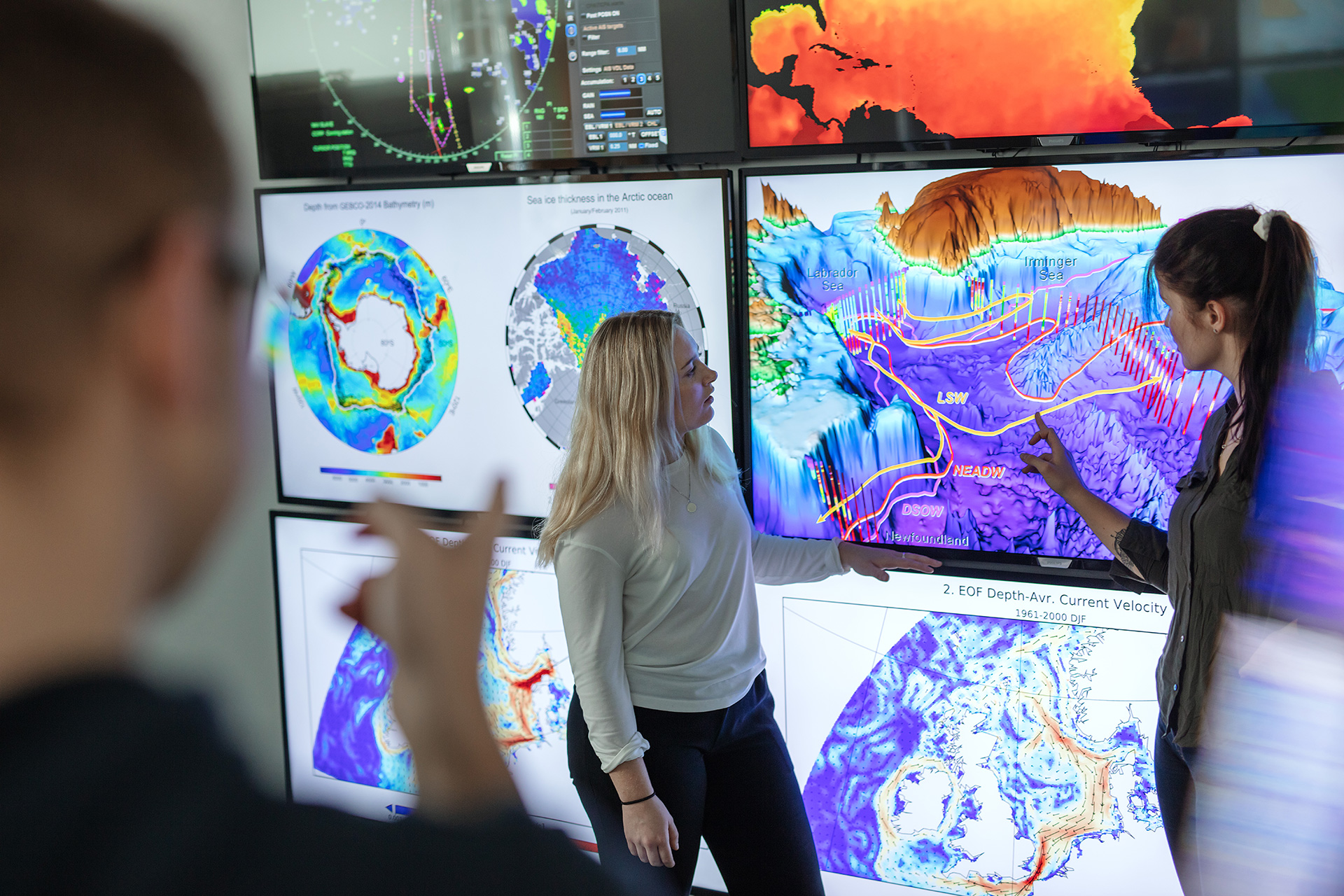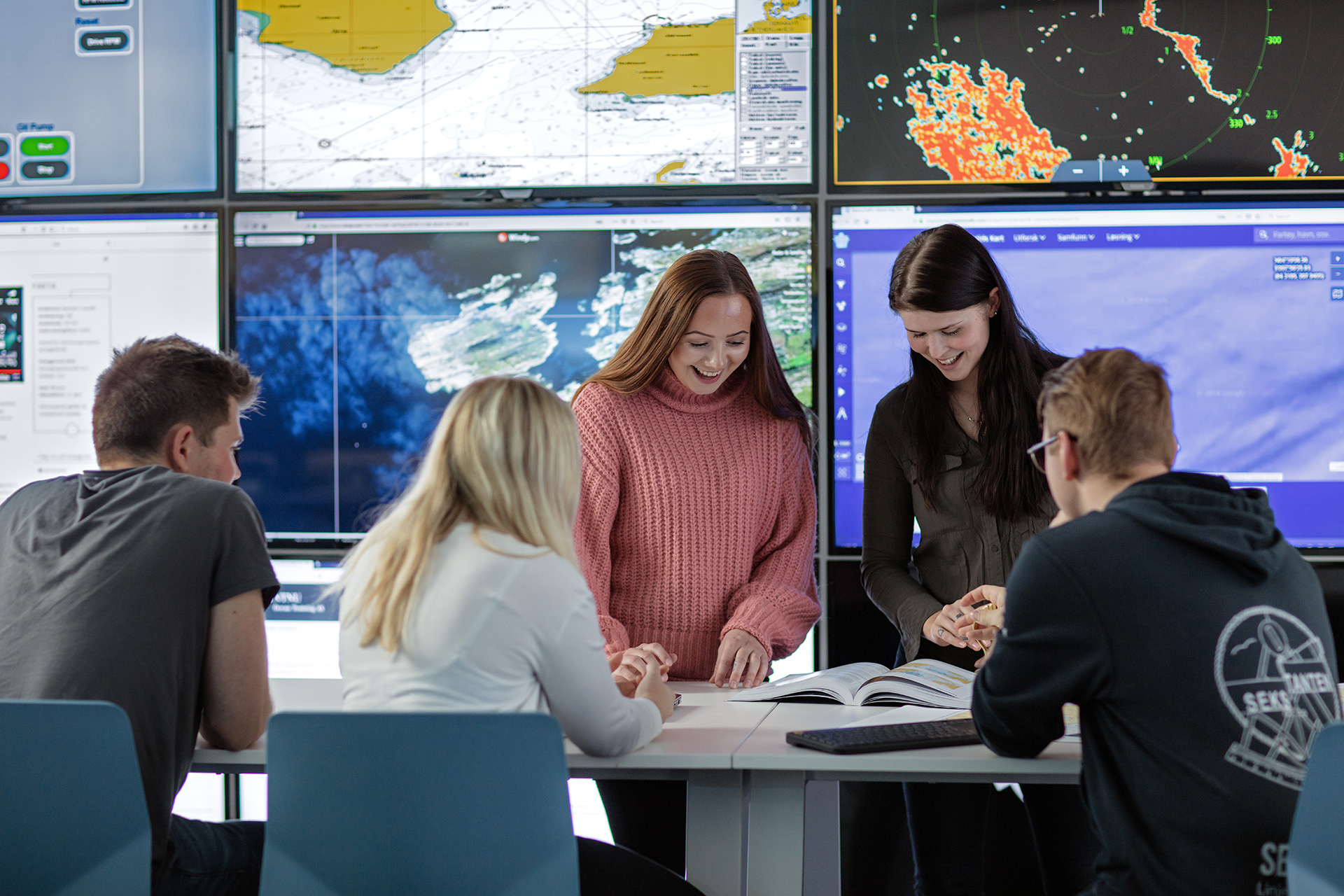Student active involvement in teaching is currently considered as a prerequisite to improving the quality of classroom interaction amongst teachers and students, increasing student engagement, looking for improved levels of collaboration, reasoning, and academic attainment as the desirable outcomes.
Simulation-based training methods can be particularly promising to bridge theory and practice in a way that allows for active student involvement. The technological advancement in recent years have expanded their potential in promoting educational goals. Yet, student involvement can take many forms; it can be understood as the use of student active methods in teaching scenarios, the use of teaching assistants recruited from senior students, the active use of alumni networks and unions in teaching activities.
Maritime simulator training is characterized with small student-groups engaging in interactions with instructors for briefing, exercise and debriefing in relevant simulated scenarios for certifications to become future maritime seafarers. With new demands for collaboration and a more global and digital advanced maritime environment, students need to engage through more active roles in modern complex simulated practices.
COAST will evaluate well-functioning and ongoing student engagement practices within simulator instruction and assessment across the consortium, explore organisation of student unions and alumni networks, suggest best-practices and develop models for collective student involvement practices across consortium. Since each campus has diverse structures, systems and organizations, COAST will develop a baseline, suggest best practices and develop a plan to implement relevant changes for students’ active roles at each consortium member institute.
COAST will evaluate ongoing pilot studies of simulator student assistants (SIM-SA), revise the experiences together with students and instructors involved and implement collective role-descriptions, training and certification across the consortium members.
Additionally, recent graduates will be invited to share their experiences and reflections in working seminars as part of an established alumni network. This focus area of COAST will result in revised and new collective models and organization of student engagement, student unions and alumni networks, and prioritizing of best practices for implementation across the members of the consortium. These models and organisational structures will be applicable to other professions (health, aviation, process industry) involving student active learning practices with simulations nationally and internationally
Relevant research questions for this focus area includes, but are not limited to:
- How do the various institutions in the consortium of maritime bachelor programs involve students in their teaching, organization and partners for developing maritime simulator-based education?
- How do instructors that are professional practitioners perceive the value of student engagement and how is it enacted in simulator-based practices?
- How do students’ value various forms of student engagement to improve the learning environment and the learning and assessment processes?
- How are students positioned to participate and engage in collaboration, reasoning and academic attainment?
- What characterize the methods which can be used in maritime domain for increased student engagement and leadership?
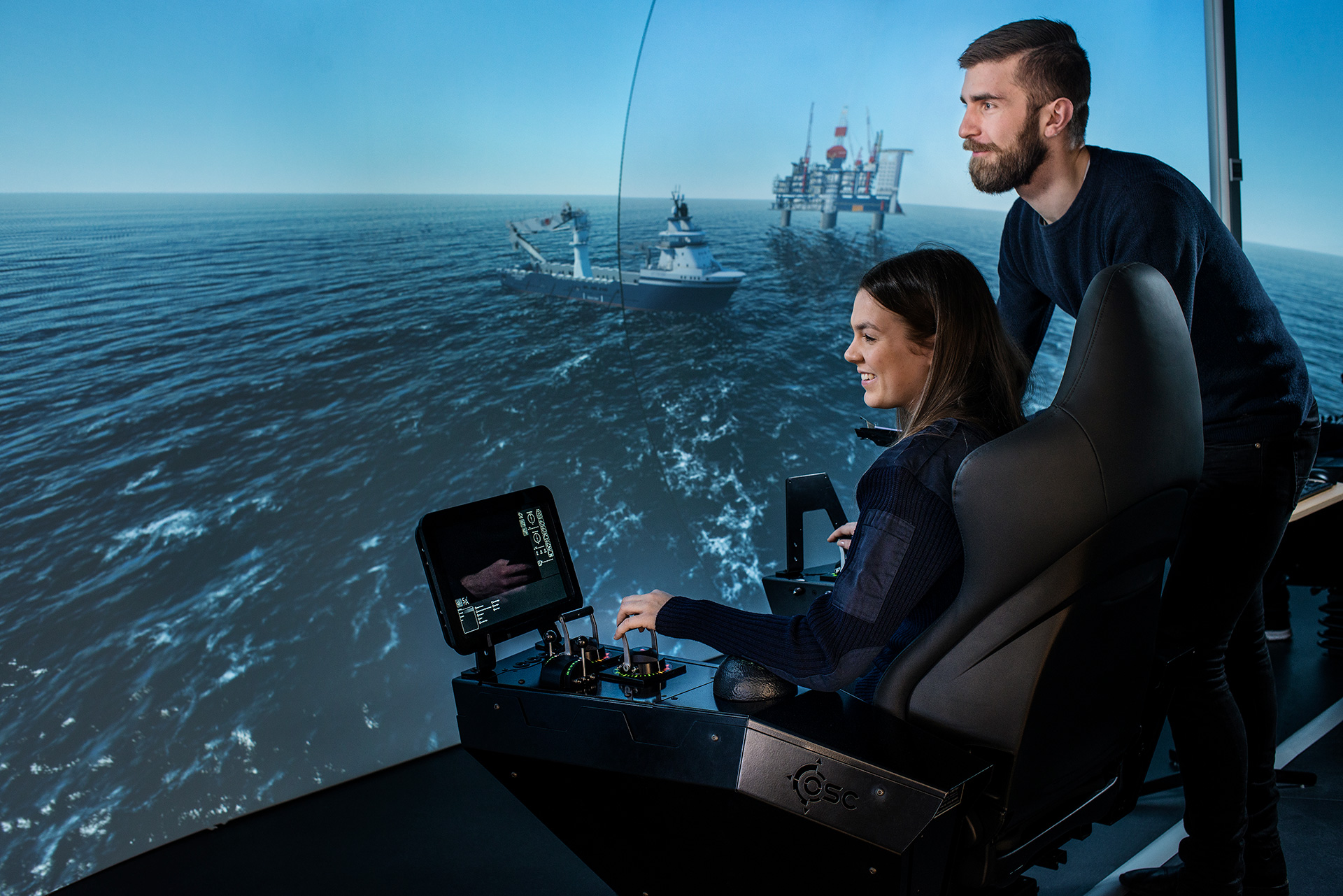
The COAST team at the Norwegian University of Science and Technology (NTNU) is primarily responsible for this Focus Area.
